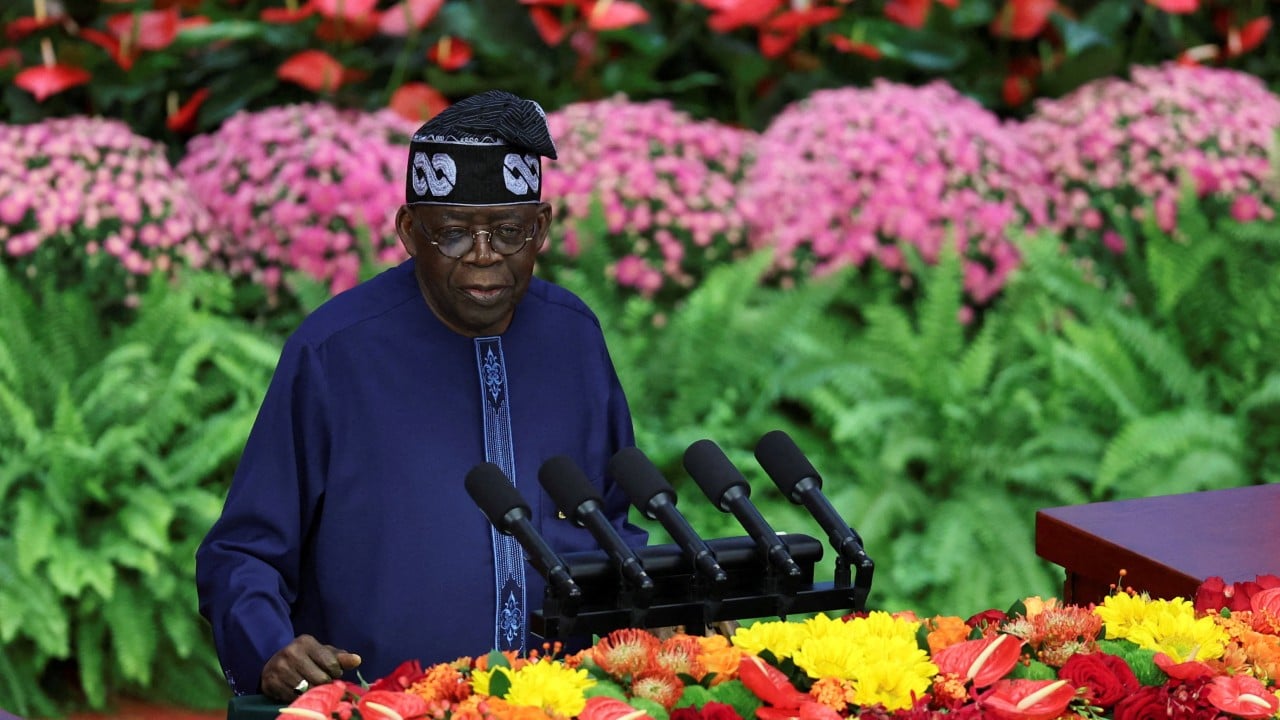When Nigeria’s President Bola Tinubu ended the costly subsidies that made petrol affordable for many in Africa’s most populous country, Ahmed Halilu knew his e-hailing cab business in the capital, Abuja, was about to run into huge losses.
Advertisement
Transport costs skyrocketed as the price of petrol more than tripled in the months that followed last year’s decision, resulting in the country’s worst cost-of-living crisis in a generation. That meant a massive drop in the number of Halilu’s passengers and ultimately in his earnings.
In what they said would eventually lower transport costs by almost 50 per cent, Nigerian authorities in August introduced a compressed natural gas (CNG) initiative to tap its huge gas reserves – Africa’s largest – and roll out CNG buses while switching petrol-powered vehicles to use it.
More than 100,000 vehicles have been adapted to run on CNG or with the hybrid option of CNG and petrol, and at least US$200 million has been invested by the government under the initiative, according to its director, Michael Oluwagbemi.
The government aims to convert 1 million of Nigeria’s over 11 million vehicles in the next three years, but analysts say the process has been slow, pointing to poor implementation and limited infrastructure.
Advertisement
Although Nigeria is one of Africa’s top oil producers, it depends on imported refined petroleum products because its refineries are struggling, with production at its lowest in decades amid massive oil theft.

